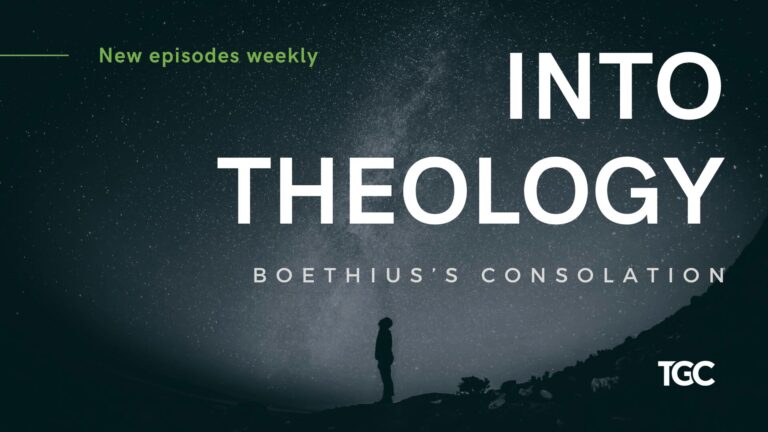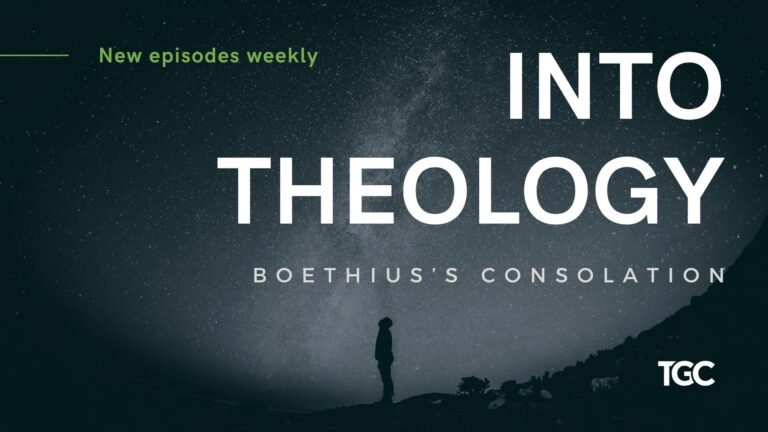On August 10th, 2019, Jeffrey Epstein committed suicide. In a final crime against his victims, he stole their justice. He robbed them of the judge’s decree of “Guilty” and the testimony that could have indicted many others who exploited the innocent.
He caused trauma and pain. And the pain will not go away save but for time and the beatific vision in which every tear of the redeemed will be wiped away. Yet what justice can we hope for now? What comfort does Christianity offer to the oppressed?
We all know the answer. But we are ashamed to say it. We fear it. It is unfashionable, uncomfortable, and true. The answer is that God will avenge the oppressed.
Vengeance
Evil and oppression have corrupted the world since the Fall. The Psalms often testify to the immense evil in the world and the trauma it brings. Psalm 94 in particular highlights the hope of one who suffers from injustice. The psalmist places his hope in the God of vengeance:
The Lord is a God who avenges.
O God who avenges, shine forth.
Rise up, Judge of the earth;
pay back to the proud what they deserve.
How long, Lord, will the wicked,
how long will the wicked be jubilant? (Ps 94:1-3)
How long? How long will divine patience last? How long will God endure “all the evildoers” who
“are full of boasting”? (Ps 94:4). How long will he allow evil men to “crush [his] people” (Ps 94:5). How long will “they oppress [his] inheritance” (Ps 94:5)? How long will they “slay the “widow and the foreigner” and “murder the fatherless”? (Ps 94:6).
Divine patience leads to repentance (Rom 2:4). But patience cannot last forever. The promise of God is sure: “Vengeance is Mine” and he will deliver on it (Deut 32:35).
Even now the faithful martyrs pray for it: “How long, Sovereign Lord, holy and true, until you judge the inhabitants of the earth and avenge our blood?” (Rev 6:10).
When the lamb on the cross returns as the rider in glory, then he will tread “the winepress of the fury of the wrath of God Almighty” (Rev 19:15; Volf 1996, 295-301). The pierced lamb will roar like a lion. And all will fall before his sword.
Nonviolence
The belief of divine vengeance allows Christians to live lives of non-violence. We live from the vantage point of the cross not the final battle. Our age is characterized by divine patience (Rom 2:4). Our law is love (Gal 5:14).
The apostle Paul explains:
Do not repay anyone evil for evil. Be careful to do what is right in the eyes of everyone. If it is possible, as far as it depends on you, live at peace with everyone. Do not take revenge, my dear friends, but leave room for God’s wrath, for it is written: “It is mine to avenge; I will repay,” says the Lord. On the contrary:
“If your enemy is hungry, feed him;
if he is thirsty, give him something to drink.
In doing this, you will heap burning coals on his head.”
Do not be overcome by evil, but overcome evil with good. (Rom 12:17-21)
Our marching orders are love. We do not take vengeance because that belongs to God. We leave room for the judge of the earth to do what is right. Our task is not wrath. It is to overcome evil with good. We bear the cross, not ride the horse.
Nonviolence and Violence
The practice of nonviolence and vengeance may seem incongruous. But this may only be so because many of us have not experienced true evil.
Miroslav Volf has, however. He lived through religious wars in which a quarter-million people died and two million people become displaced. He experienced traumatic evil. When he attempted to make sense of it all, he could only come to one conclusion: God’s vengeance explains Christian nonviolence.
Volf wrote:
My thesis that the practice of nonviolence requires a belief in divine vengeance will be unpopular with many Christians, especially theologians in the West. To the person who is inclined to dismiss it, I suggest imagining that you are delivering a lecture in a war zone (which is where a paper that underlies this chapter was originally delivered).
Among your listeners are people whose cities and villages have been first plundered, then burned and leveled to the ground, whose daughters and sisters have been raped, whose fathers and brothers have had their throats slit.
The topic of the lecture: a Christian attitude toward violence. The thesis: we should not retaliate since God is perfect noncoercive love. Soon you would discover that it takes the quiet of a suburban home for the birth of the thesis that human nonviolence corresponds to God’s refusal to judge. In a scorched land, soaked in the blood of the innocent it will invariably die.
And as one watches it die, one will do well to reflect about many other pleasant captivities of the liberal mind. (1996: 304)
Non-violence cannot be supported by some theory of God’s universal non-judgment or some notion of God’s uncoercive love. Non-violence relies on avenging justice. It relies on the cross of Christ absorbing and atoning for evil so that, for those who believe, God will declare them righteous when he judges the world. But for the oppressors, God will declare with invincible force: Guilty. God will vindicate every traumatized victim.
Epstein may have lived a life of cruelty. He may have robbed his victims of earthly justice. But he is now in the hands of God. And for him, that cannot be a matter of comfort but of dread.












